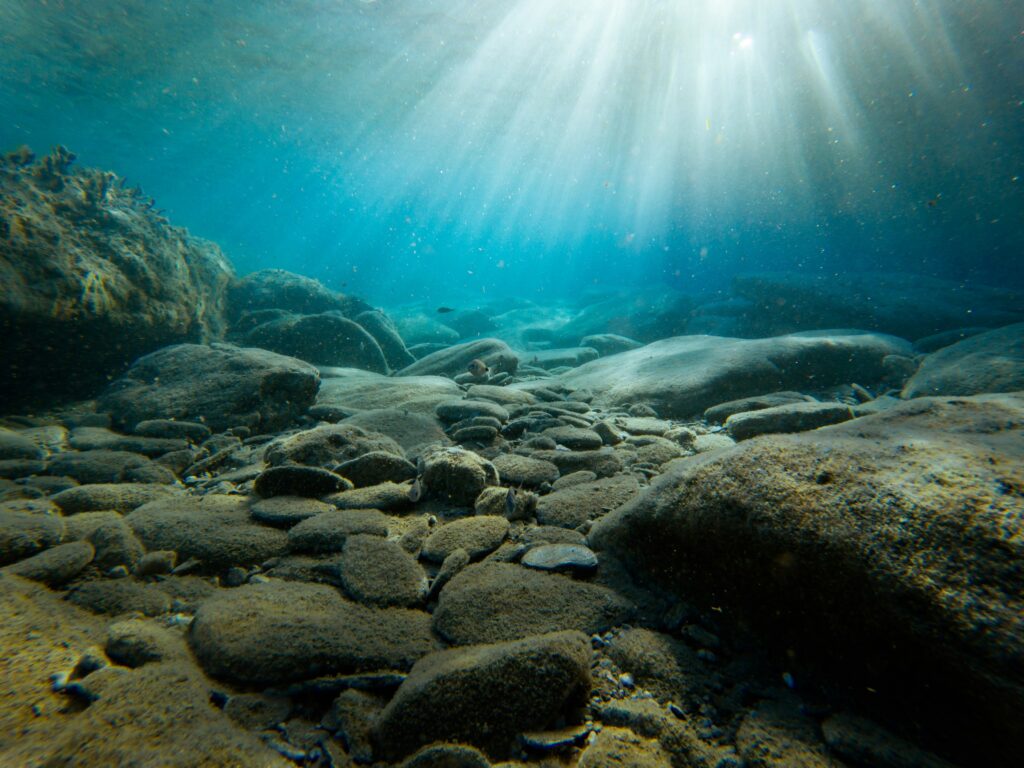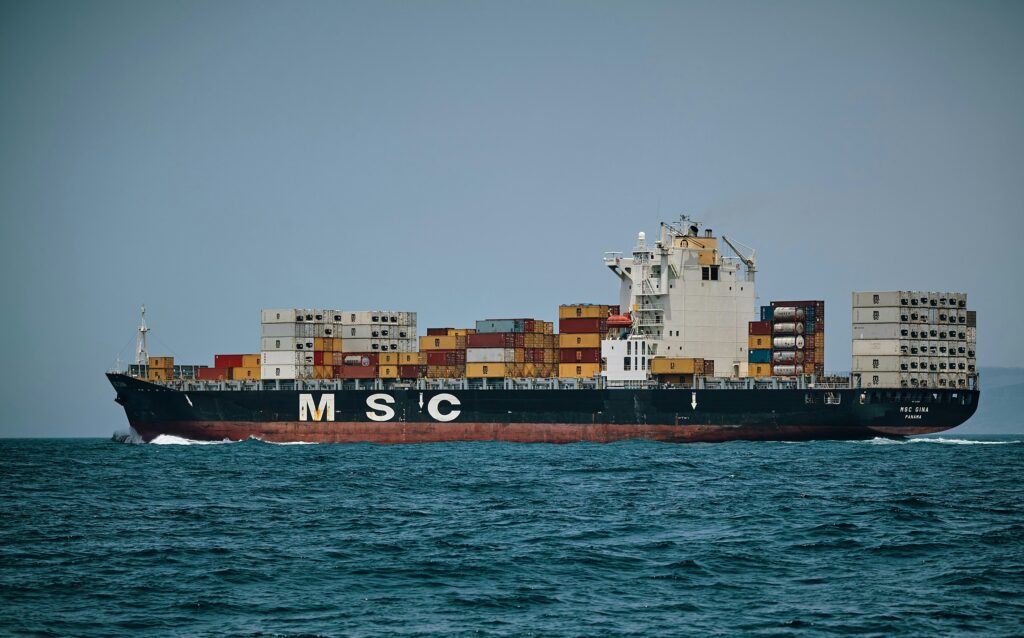Subsea designing has gone through a striking change throughout the course of recent many years, driven by headways in innovation and a rising interest for energy, sustainable assets, and framework improvement in marine conditions.
Subsea designing alludes to the plan, development, establishment, and support of frameworks and gear situated on the ocean bottom or at extraordinary profundities beneath the sea’s surface.

Generally, this elaborate a mix of human jumpers, submarines, and remotely worked devices to perform reviews and upkeep on designs like oil and gas stages, subsea pipelines, and wind ranches.

This is where ROVs have done something significant.
Throughout the long term, the rising intricacy of subsea projects, alongside the requirement for more profound and additional difficult establishments, spurred an interest for further developed innovations to address these difficulties. Get more details about undervannsdrone.
In the beginning of seaward investigation and creation, human jumpers were the essential technique for examining and keeping up with subsea foundation. Nonetheless, as activities moved into more profound waters, the impediments of human plunging, including dangers and the powerlessness to arrive at extraordinary profundities, prompted the requirement for elective arrangements.
These automated vehicles have changed subsea tasks, empowering more proficient, savvy, and more secure ways of assessing, keep up with, and fix seaward foundation. As we plan ahead, ROVs are set to assume a significantly more vital part in the proceeded with development of subsea designing, especially as seaward foundation turns out to be more mind boggling and the requirement for manageability strengthens.
They are furnished with superior quality cameras, sonar frameworks, mechanical arms, and various sensors that empower them to perform assignments going from basic visual investigations to complex subsea development and fixes.
Remotely Worked
Remotely Worked Vehicles (ROVs) are automated frameworks intended to be controlled from the outer layer of the water, permitting administrators to do complex undertakings submerged without the requirement for human presence at outrageous profundities. ROVs regularly comprise of a little, strong vehicle that is fastened to a help vessel or surface stage.
Precision
ROVs dispose
ROVs dispose of the requirement for human jumpers to work in dangerous submerged conditions, fundamentally diminishing endangers to human existence.
expenses
ROVs can diminish the functional expenses related with monitored submarine vehicles and plunging teams, particularly for complicated, monotonous, or profound water assignments.
